World Health Organization Eating Disorders The estimated share of people with eating disorders only includes anorexia nervosa and bulimia nervosa in the past year whether or not they were diagnosed based on representative surveys medical data and statistical
Little population based data exist outside the United States on the epidemiology of binge eating disorder BED Cross national data on BED are presented and compared to bulimia nervosa Cross national BED data are presented here and compared with bulimia nervosa BN data in the World Health Organization WHO World Mental Health Surveys Methods
World Health Organization Eating Disorders
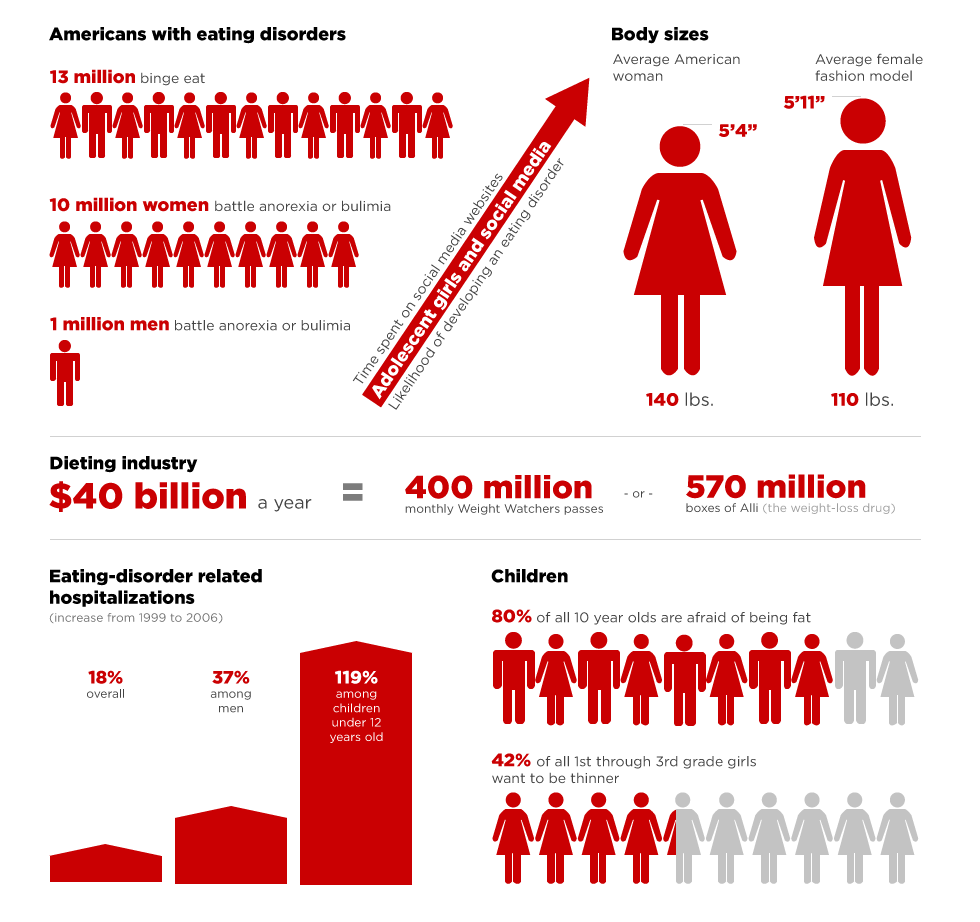
World Health Organization Eating Disorders
http://i.cdn.turner.com/cnn/interactive/2012/03/health/infographic.eating.disorders/eating_disorders_2.gif

168 936
https://www.australiawidefirstaid.com.au/media-library/infographic-on-the-causes-of-eating-disorders-in-teenagers.png

Nine Goals Taking Action Against Eating Disorders World Eating
https://i2.wp.com/www.worldeatingdisordersday.org/wp-content/uploads/2016/05/Goal-7.png
Global Lifetime prevalence of any eating disorder ranged from 0 74 to 2 2 in males and 2 58 8 4 in females Australian 3 month point prevalence of broadly defined disorders was Eating disorders such as anorexia nervosa and bulimia nervosa commonly emerge during adolescence and young adulthood Eating disorders involve abnormal eating behaviour and preoccupation with food accompanied
The World Health Organization WHO has placed eating disorders among the priority mental illnesses for children and adolescents given the risk they imply for their health and the great Six main feeding and eating disorders are now recognised in diagnostic systems anorexia nervosa bulimia nervosa binge eating disorder avoidant restrictive food intake
More picture related to World Health Organization Eating Disorders
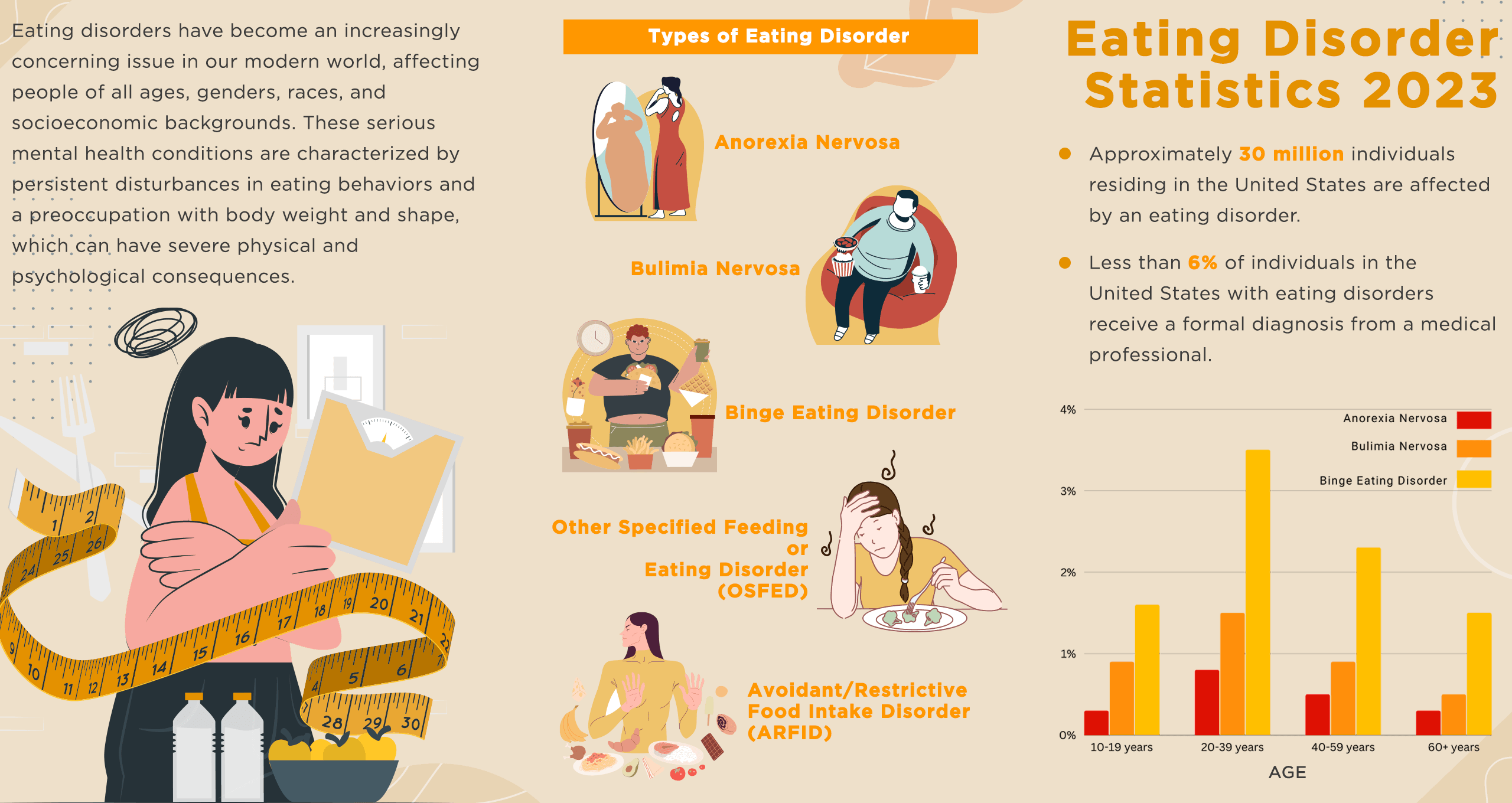
Eating Disorders Rutgers Addiction Research Center RARC
https://addiction.rutgers.edu/wp-content/uploads/2023/08/graphics1_overview_2023-06-08-211855_clqo.png

Eating Disorder 2024 Winny Kariotta
https://www.healthylondon.org/wp-content/uploads/2020/02/Eating-Disorders-Advice_Nov-2019_SM.jpg

World Health Organization s Organizational Structure Interactive Chart
https://www.organimi.com/wp-content/uploads/2023/11/World-Health-Organization-Organizational-Chart.png
Estimated share of people who had eating disorders only includes anorexia nervosa and bulimia nervosa in the past year whether or not they were diagnosed based on representative surveys medical data and statistical The availability of burden of disease estimates for binge eating disorder and OSFED would provide further resources for better understanding the effects of eating disorders on population health and in determining the best
Eating disorders such as anorexia nervosa bulimia nervosa and binge eating disorder are serious health risks and can be life threatening They are also common Background and aim The World Health Organization has placed eating disorders among the priority mental illnesses for children and adolescents given the risk they imply for

Addiction And Eating Disorders MASK Mothers Awareness On School Age
https://www.maskmatters.org/wp-content/uploads/2019/03/shutterstock_461656483-1024x1019.jpg

WHO Could Have Seen This Coming Imgflip
https://i.imgflip.com/7n0gvb.jpg
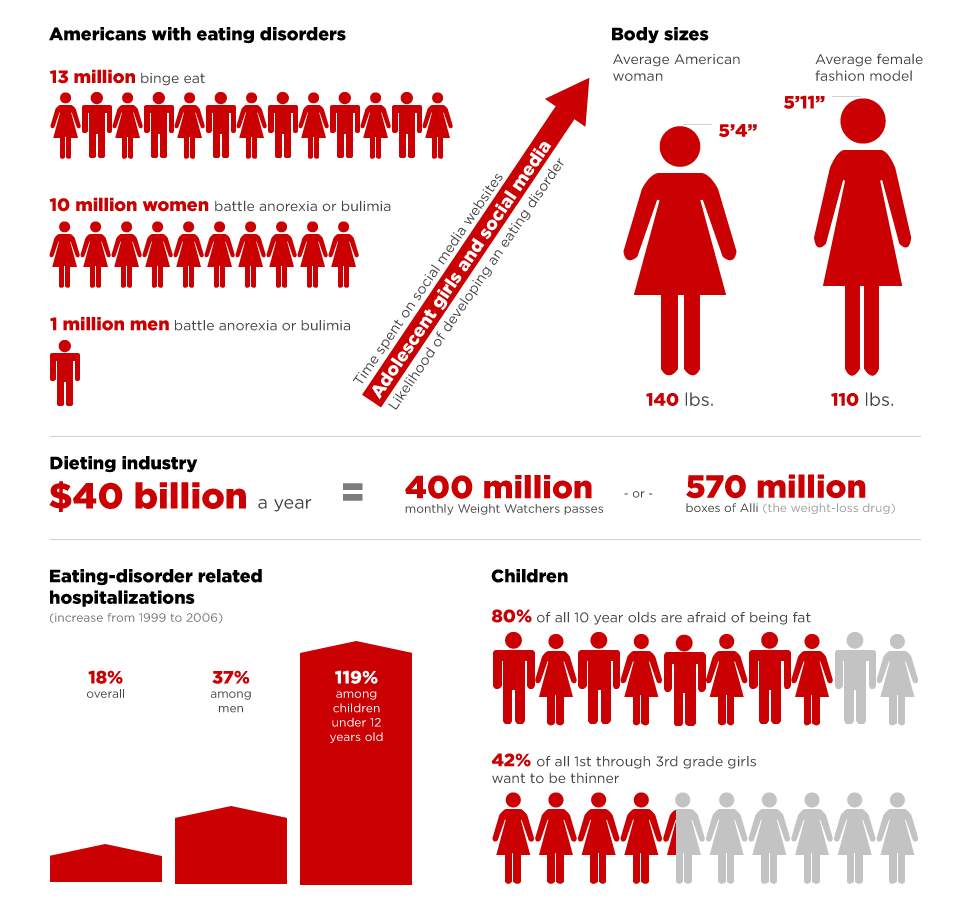
https://ourworldindata.org › grapher › eatin…
The estimated share of people with eating disorders only includes anorexia nervosa and bulimia nervosa in the past year whether or not they were diagnosed based on representative surveys medical data and statistical

https://pmc.ncbi.nlm.nih.gov › articles
Little population based data exist outside the United States on the epidemiology of binge eating disorder BED Cross national data on BED are presented and compared to bulimia nervosa

File Cimex Lectularius jpg Wikimedia Commons

Addiction And Eating Disorders MASK Mothers Awareness On School Age

WHO Chief Cautions Against missed Opportunity On Health Preparedness

World Health Organization Jobs For Foreigners 2023 Apply Now
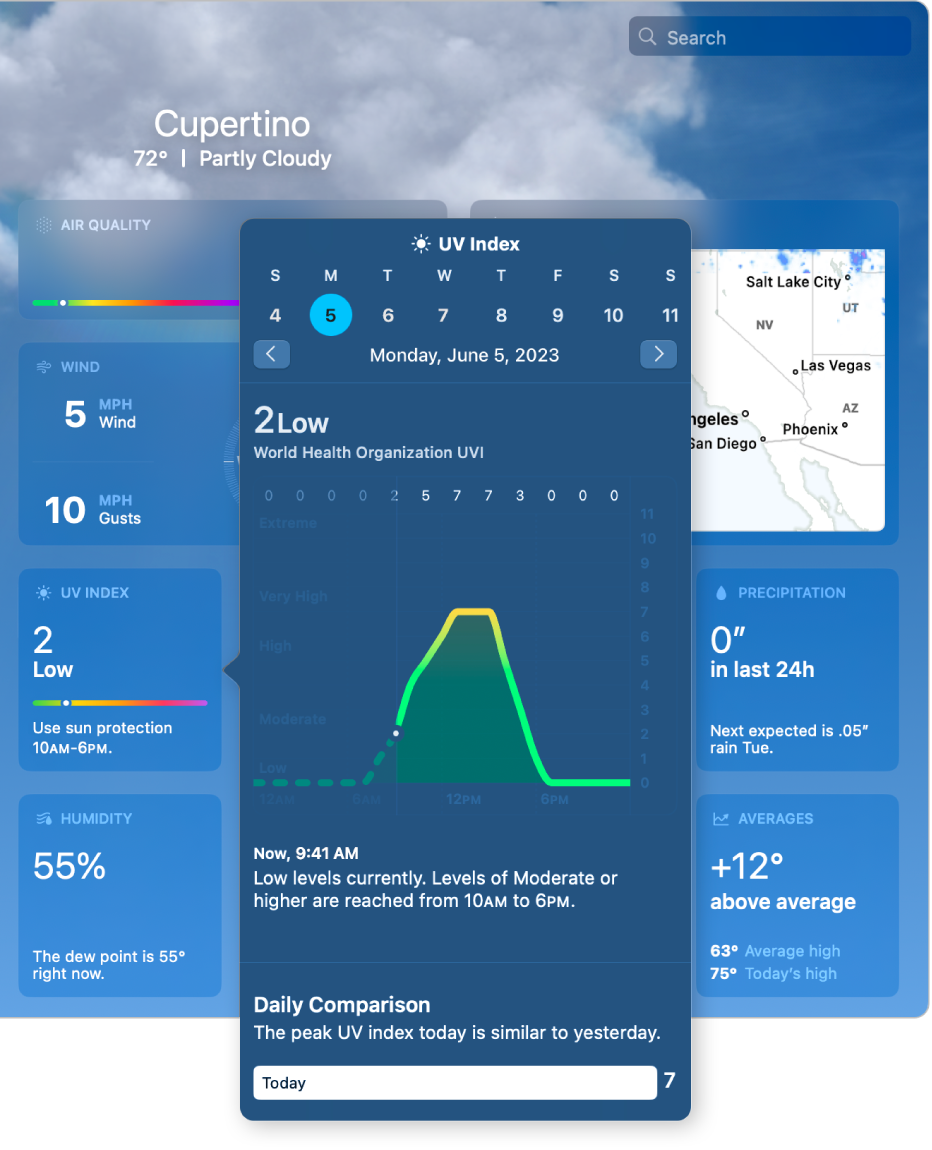
View Weather Conditions On Mac Apple Support
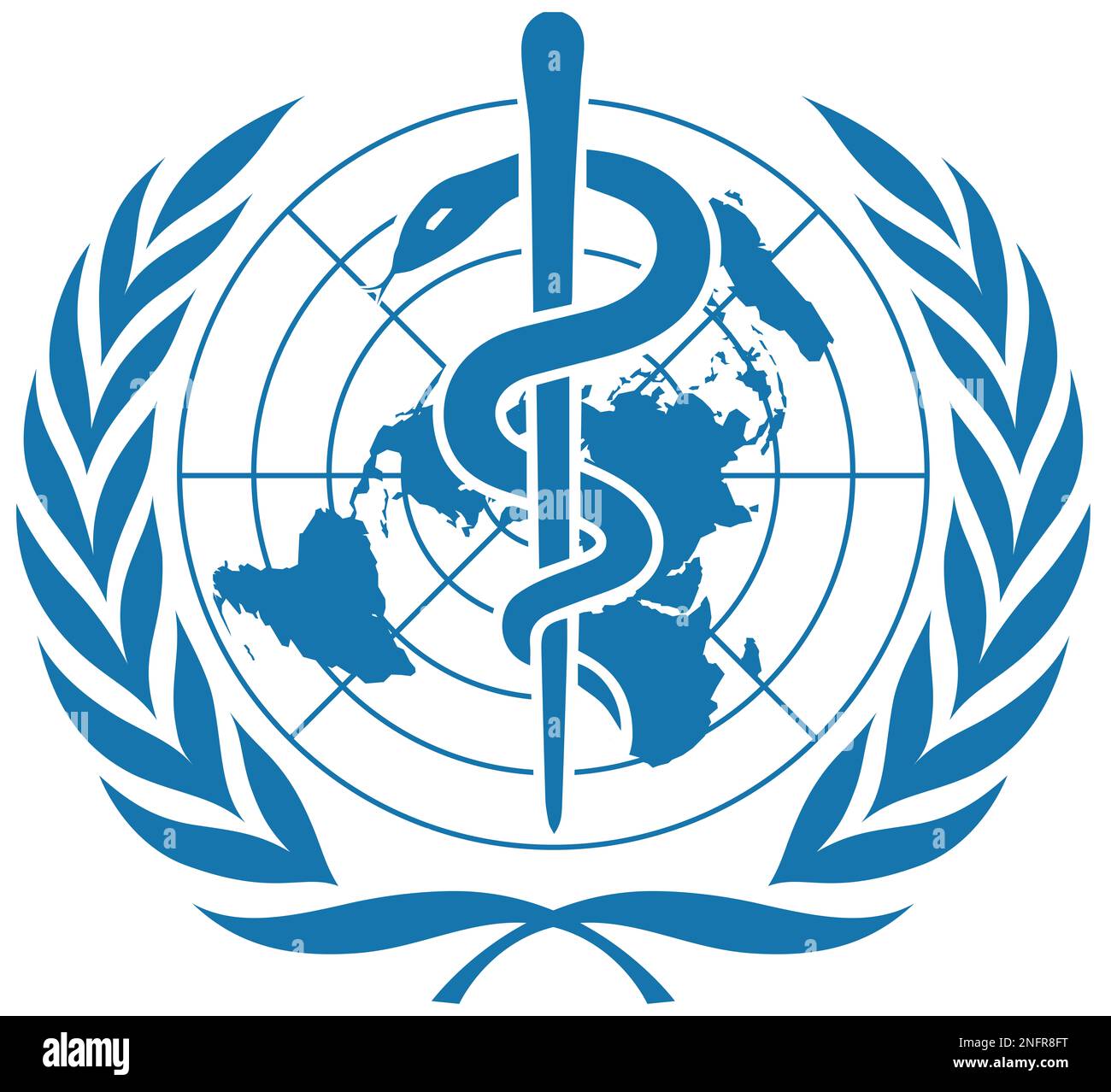
World Health Organization Logo Stock Photo Alamy

World Health Organization Logo Stock Photo Alamy
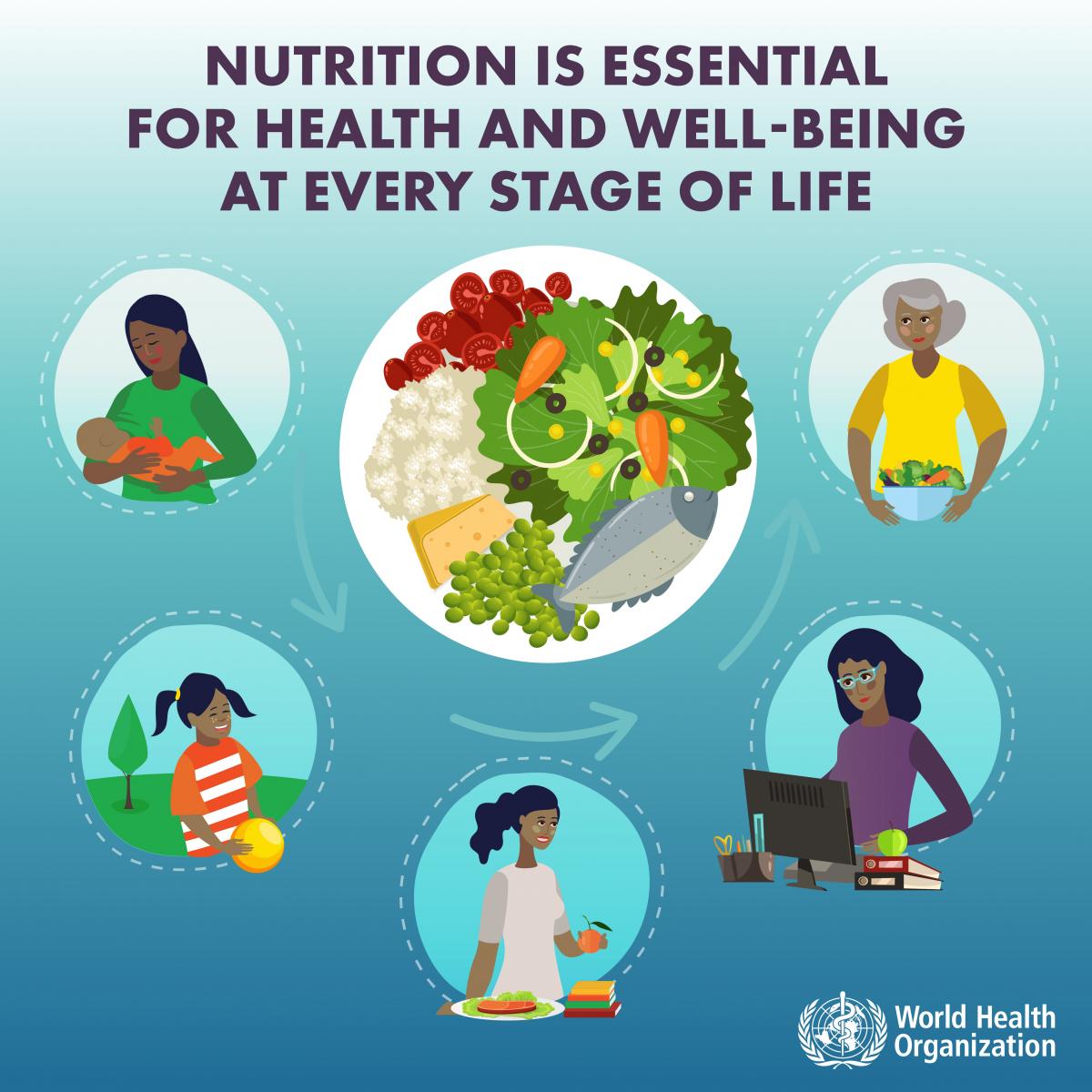
World Health Organization Says We Need stronger Focus On Nutrition At

Mental Health Statistics Worldwide 2024 Illa Ranice
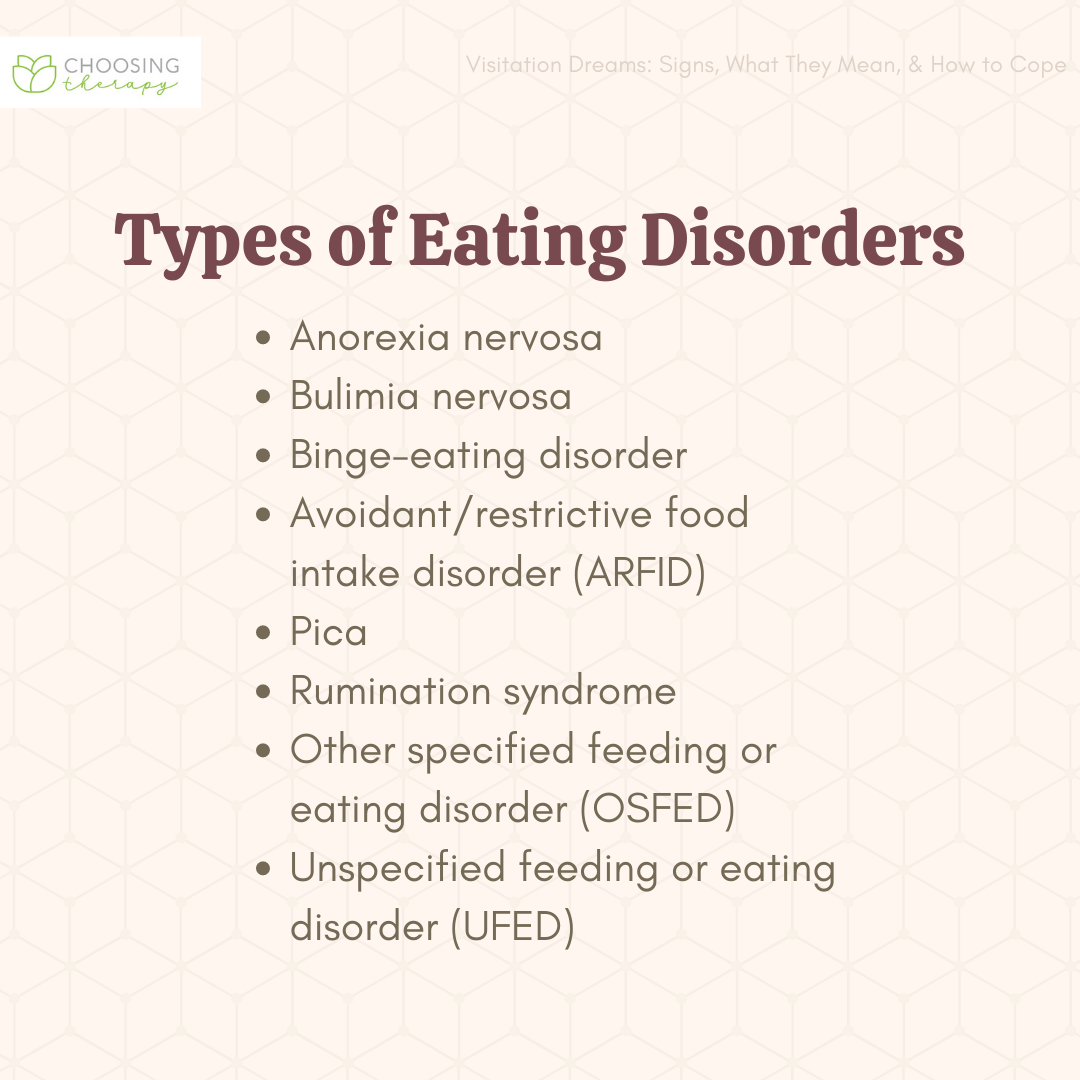
How Many Types Of Eating Disorders Are There
World Health Organization Eating Disorders - Global Lifetime prevalence of any eating disorder ranged from 0 74 to 2 2 in males and 2 58 8 4 in females Australian 3 month point prevalence of broadly defined disorders was